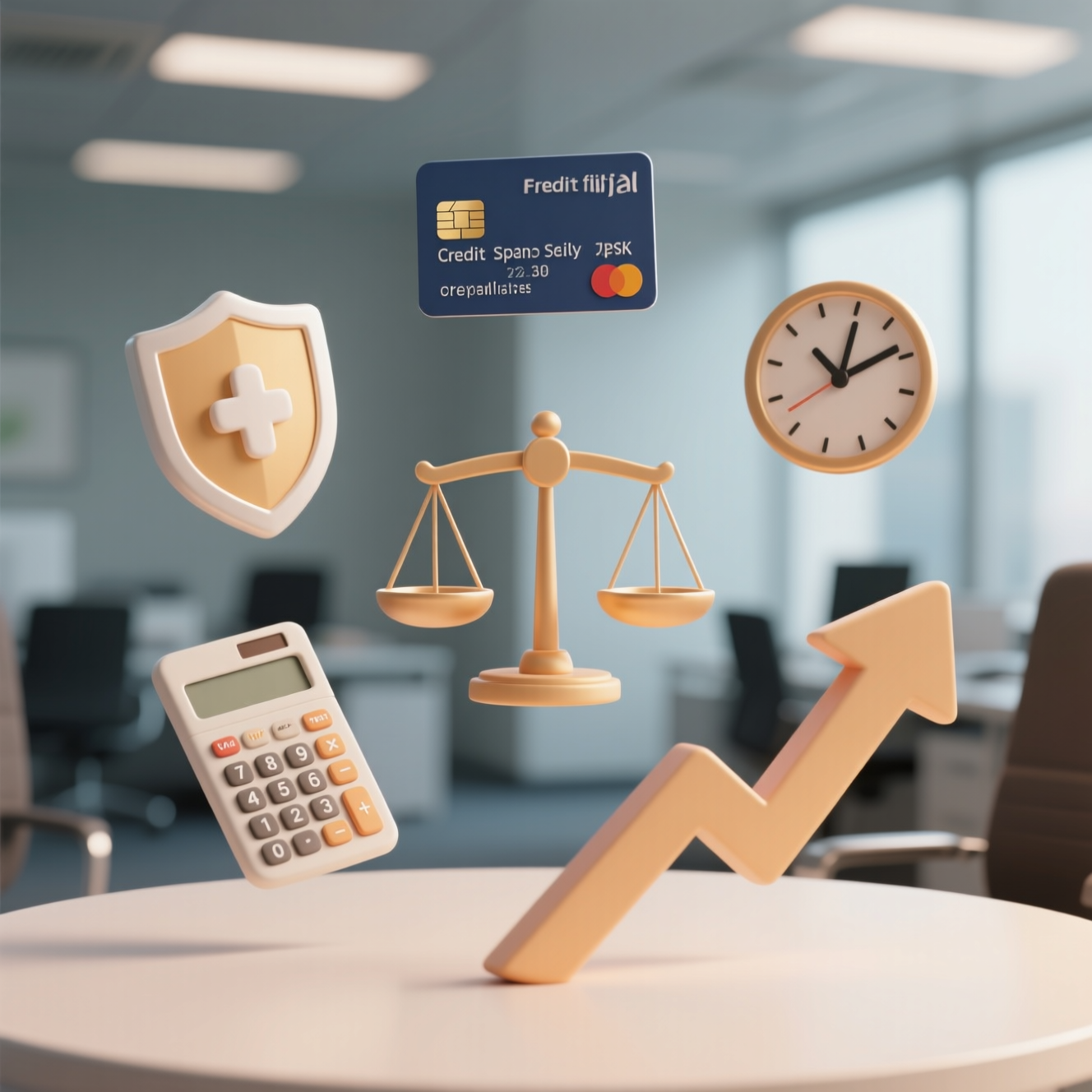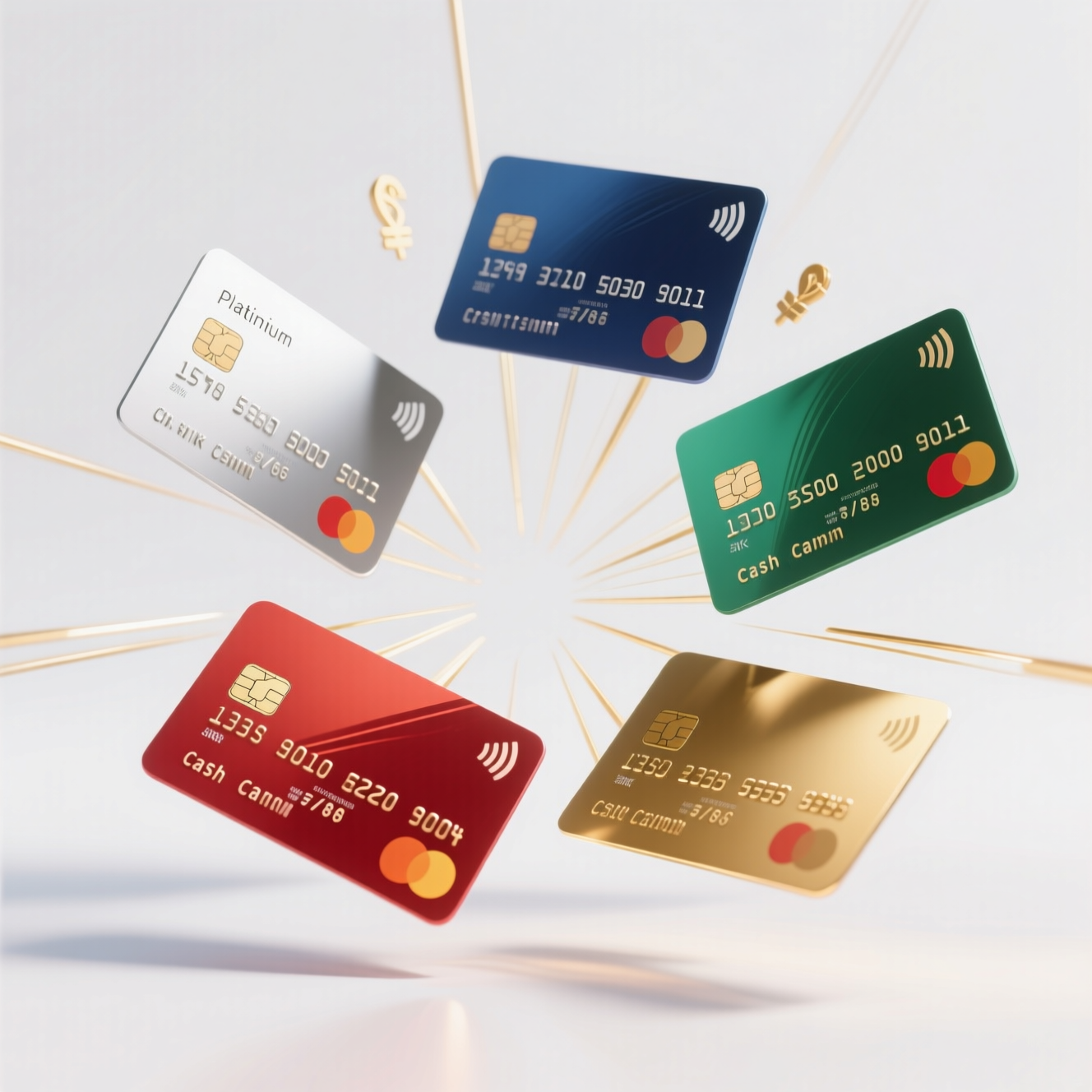Avoid Debt – Tips for Using your Credit Card Responsibly
Credit cards are powerful financial tools that offer convenience, security, and the potential to unlock exclusive benefits.
However, they can also lead to significant debt if not managed wisely. Many people fall into the trap of overspending, accumulating interest, and losing control of their finances.
Responsible credit card use is essential for maintaining a healthy financial life and avoiding the stress that debt can cause.
Understanding how to use a credit card effectively is the key to leveraging its benefits while avoiding pitfalls.

Avoid Debt – Tips for Using your Credit Card Responsibly
By adopting disciplined financial habits, you can ensure your card works for you rather than against you.
From setting spending limits to paying your bills on time, there are simple but impactful strategies that can help you stay in control.
This article dives deep into the factors leading to credit card debt, the importance of responsible usage, and practical tips to maximize your card’s benefits.
Whether you’re new to using credit cards or looking to improve your financial habits, these insights will empower you to make informed decisions and avoid unnecessary debt.
Factors That Lead to Credit Card Debt
Several factors contribute to credit card debt, with overspending being one of the most common culprits.
The ease of swiping a card can lead to impulsive purchases, often without considering the long-term consequences.
When these purchases accumulate, they can result in unmanageable debt.
Another significant factor is high interest rates. If you don’t pay your balance in full each month, interest charges can quickly add up, making it even harder to pay off your debt.
Many people also make only the minimum payment, which prolongs the repayment period and increases the total cost of borrowing.
Lastly, unexpected expenses, such as medical emergencies or car repairs, can push individuals to rely on credit cards without a plan to pay off the balance.
While credit cards can be a lifeline in such situations, failing to have an emergency fund can leave you vulnerable to debt accumulation.
Understand the Importance of Responsible Credit Card Use
Responsible credit card use is about treating your card as a tool rather than an endless source of funds.
Misusing credit can harm your financial stability, but disciplined habits ensure you gain its benefits without the downsides.
One of the primary benefits of responsible credit use is building a good credit score. Timely payments and maintaining a low credit utilization ratio demonstrate financial reliability to lenders. This, in turn, can help you secure loans with better terms in the future.
Responsible usage also promotes financial independence. By using your credit card within your means and paying off balances each month, you can avoid high interest rates and unnecessary fees.
This creates a cycle of positive credit behavior and reinforces financial discipline.
Financial Planning: The Key to Avoiding Credit Card Debt
Financial planning is a cornerstone of responsible credit card use. A well-thought-out budget ensures that you live within your means and prioritize saving over unnecessary spending.
Start by setting a monthly budget that allocates specific amounts for essentials, savings, and discretionary spending.
Include credit card payments in this plan and commit to paying the full balance each month. This prevents interest from accumulating and keeps your finances in check.
Building an emergency fund is another critical step. This financial cushion can cover unexpected expenses, reducing the need to rely on credit cards during emergencies.
Experts recommend saving at least three to six months’ worth of living expenses to ensure financial security.
Lastly, review your financial goals regularly. Whether it’s saving for a vacation, paying off a loan, or building an investment portfolio, aligning your spending habits with these objectives can prevent impulsive credit card use.
How to Set Limits and Control Spending on Your Credit Card
Setting spending limits on your credit card is a proactive way to avoid overextending yourself financially.
Many credit card providers offer tools to set monthly spending caps, helping you monitor your usage.
Start by calculating your disposable income—the amount left after paying for necessities like rent, utilities, and groceries.
This figure will guide how much you can afford to spend on your credit card without compromising other financial obligations.
Another effective strategy is using your credit card only for planned purchases. For example, reserve it for recurring bills or specific categories like groceries and fuel.
This creates a predictable spending pattern, making it easier to track and control expenses.
Finally, avoid carrying multiple credit cards if you struggle with spending discipline. Limiting the number of cards reduces the temptation to overspend and simplifies tracking your financial activity.
Benefits and Pitfalls: Learn How to Maximize the Use of Your Card Without Falling Into Debt
Credit cards offer numerous advantages when used responsibly. However, it’s crucial to understand both the benefits and potential pitfalls to use them wisely.
Possibility to Accumulate Points and Miles
Many credit cards offer rewards programs where you earn points or miles for each purchase. These rewards can be redeemed for travel, shopping, or other perks, adding value to your spending.
Travel Benefits
Premium credit cards often include travel insurance, airport lounge access, and no foreign transaction fees, making them ideal for frequent travelers.
Exclusive Benefits
Cards can provide access to special events, discounts, and concierge services, enhancing your lifestyle without added costs—if you manage payments responsibly.
Building Credit
Using a credit card wisely helps establish a good credit history, which is vital for securing loans and favorable interest rates in the future.
Credit Card Is Not Borrowed Money
It’s essential to remember that credit card purchases are loans that must be repaid. Treating your card as borrowed money fosters mindful spending.
Installment Payments Often Interest-Free
Many cards offer interest-free installment plans for big purchases, allowing you to spread payments without additional cost. This can be beneficial if managed within your budget.
Smart Strategies for Maintaining a Good Credit History with Your Card
Building and maintaining a solid credit history requires consistent effort. Start by always paying your credit card bill on time. Late payments harm your credit score and result in hefty fees.
Next, keep your credit utilization ratio low. Aim to use no more than 30% of your credit limit to demonstrate financial responsibility to lenders.
Regularly monitor your credit report for errors or suspicious activity. Many credit card issuers provide free credit score tracking, enabling you to stay informed about your financial health.
Avoiding Additional Costs: Learn How to Avoid Excessive Fees and Interest on Your Credit Card
Excessive fees and interest can erode the benefits of using a credit card. Avoid cash advances, as they typically come with high fees and immediate interest charges.
Pay your bill in full each month to eliminate interest charges. If this isn’t possible, prioritize paying more than the minimum to reduce the balance faster.
Additionally, be aware of annual fees and decide if the benefits of your card outweigh this cost. If not, consider switching to a no-annual-fee card.
Financial Education: Teaching Good Card Usage Practices from an Early Age
Educating young adults about responsible credit card use sets them up for long-term financial success. Parents and schools can teach budgeting, saving, and the importance of timely payments.
Encourage practical exercises, like managing a small credit limit under supervision, to instill disciplined habits. This early exposure builds confidence and financial literacy.
Keeping Track: Tools to Monitor Your Credit Card Spending
Digital tools can simplify expense tracking. Many credit card providers offer apps that categorize spending, helping you identify patterns and adjust your budget.
Third-party budgeting apps, like Mint or YNAB, integrate with credit cards to provide a comprehensive view of your financial health.
Richard Lopez, the creator of the website and a professional writer with extensive experience in digital marketing, particularly in personal finance topics. When visiting finance.meu-dominio.com, you’ll find high-quality content guiding you through the subjects that are part of your daily life. Welcome to all!

How Brazilians Can Invest in U.S. Stocks: A Guide to Buying NASDAQ-Listed Shares
For Brazilian investors seeking global diversification, higher growth potential, and exposure to some of the world’s most innovative companies, investing in U.S. stocks — particularly those listed on the NASDAQ — is an increasingly popular and accessible option.

5 tips to use your credit card without getting into debt
Let’s be honest — credit cards get a bad rap. They’re often blamed for spiraling debt, sleepless nights, and financial meltdowns. But here’s the truth: credit cards aren’t the problem. How we use them is.

Best Cash Back Credit Cards of September 2025
As the U.S. economy continues to evolve in 2025—with shifting consumer spending habits, fluctuating interest rates, and increased competition among financial institutions.